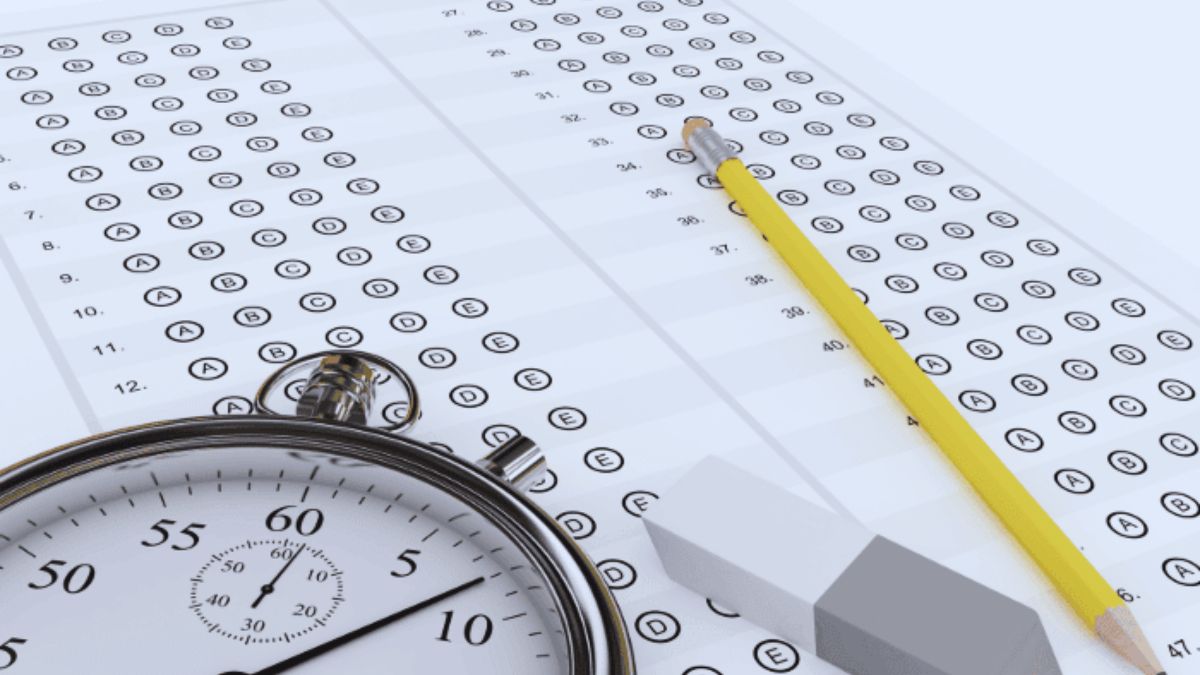Arguably, one of the most competitive and toughest examinations to crack in the country is the UPSC (Union Public Service Commission) entrance, one that many students look forward to each year.
This organization conducts exams to select candidates for various important roles in the Indian government – civil servants, revenue officers, foreign services and more. Passing this exam can lead to exciting jobs that help in decision-making and public service. However, preparing for your first attempt can be both exciting and challenging.
To effectively clear the UPSC (Union Public Service Commission) exam, a strategic approach is essential, focusing on understanding the syllabus, practicing mock tests, and staying updated with current affairs. Prioritizing conceptual clarity, effective time management, and regular revision are also crucial.
Exam Structure
The UPSC Prelims consists of two papers. Each paper lasts for two hours. The exam is a multiple-choice format, which means you will choose the correct answer from a list of options. It’s important to be aware of the time limit, as it can be a bit tricky to finish all questions in just two hours!
Here we have shared the most important and top tricks that can help you to better prepare and clear the UPSC prelims in the first attempt.
Top Tricks & Strategies for Clearing UPSC:
1) Understand the Exam and Syllabus Pattern:
- A thorough understanding of the UPSC syllabus is the first step towards effective preparation.
- Analyze previous year’s question papers to understand the exam pattern and the types of questions asked.
2) Develop a Sound Study Plan:
- Create a realistic and an effective study plan that aligns with your strengths and weaknesses.
- Allocate time for each subject based on its weightage, comfort and your understanding level.
- Prioritize subjects and topics based on their importance and difficulty level. Cover the difficult ones earlier to tackle them better.
3) Focus on Conceptual Clarity:
- Build a strong foundation by focusing on the foundational NCERT books for basic understanding – especially up to Class 8.
- Refer to standard reference books for deeper insights and diverse perspectives. Seek guidance from mentors or seniors for clarification on difficult concepts.
- You can watch tutorials, YouTube videos or access to expert masterclasses, that can widely enhance your learning.
4) Stay Updated with Current Affairs:
- Read newspapers and magazines regularly to stay updated on current events.
- Follow a daily newspaper analysis video to cover all important current affairs.
- Refer to monthly current affairs magazines for comprehensive coverage. Current affairs is an important section that must not be skipped under any circumstances.

5) Practice Mock Tests and Previous Year Papers:
- Regularly practice mock tests to assess your preparation level and identify weak areas.
- Analyze previous year’s question papers to understand the exam pattern and question types.
- Focus on practicing answer writing and time management during mock tests. Enrolling yourself through a coaching institute to gain access to papers, solutions, notes, tests can prove to be highly beneficial.
6) Effective Time Management:
- Develop good time management skills to optimize your performance during the exam.
- Allocate time for each question based on its difficulty level.
- Practice smart guessing techniques and elimination methods to improve accuracy., and work on timing your speed to solve the questions faster.
7) Maintain a Healthy Lifestyle:
- Ensure you get enough sleep, eat healthy food, and exercise regularly.
- Stay positive and motivated throughout your preparation journey.
- Maintain a healthy lifestyle – discipline, focus and not deviating from routine is the key to keep the mind on track and help you perform better.
8) Revise Regularly:
- Regular revision is essential to retain information and improve recall. Daily revision of previous day’s learning helps during the end time.
- Revise each subject multiple times to reinforce your understanding.
- Make concise notes to facilitate quick revision before the exam, all in your own writing for better retention.
9) Stay Calm and Confident:
- Avoid stress and anxiety during the exam by staying calm and confident. Keep your mind free of negativity and clutter.
- Trust your preparation and believe in your real abilities.
- Remember that with consistency, hard work and dedication, you can achieve your goals.
10) Setting a Daily Schedule:
- Start by deciding how many hours a day you can study. It’s good to mix study time with breaks and fun activities.
- Make sure to plan your study sessions for when you feel most awake and alert.
- Remember to stay positive and relaxed – set realistic goals, take short breaks, and don’t hesitate to ask for help when you need it.
